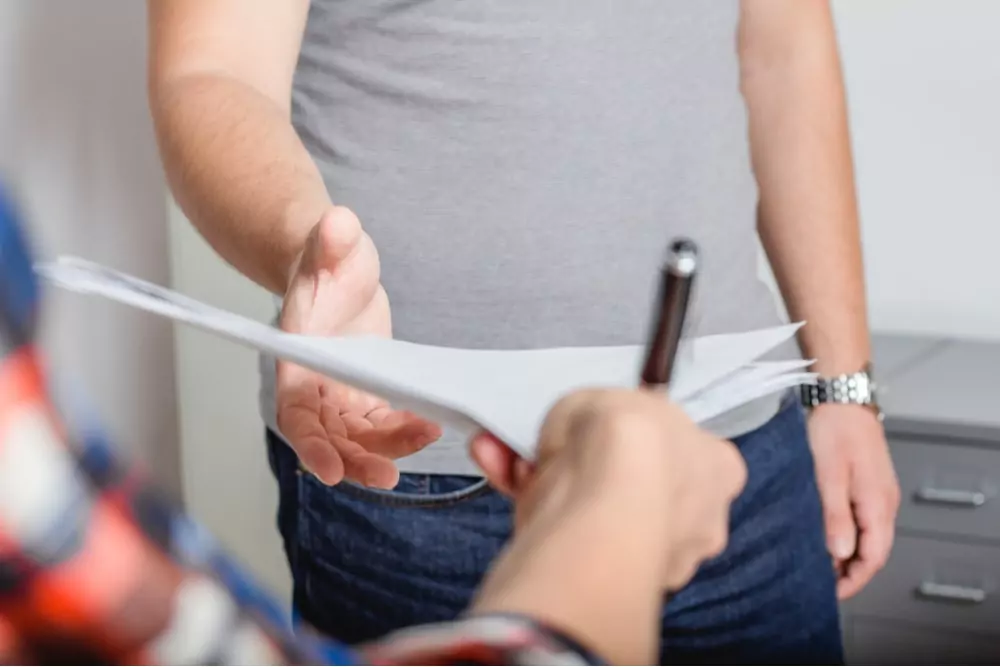
Will a Coroner investigate workplace deaths from Covid -19?

New guidance for Coroners clearly anticipates they will.
It goes without saying that all responsible businesses will have employee and customer health front of mind right now. But as lockdown eases, new Guidance from the Chief Coroner reinforces the points we have made previously highlighting the regulatory and reputational consequences of not exercising the utmost diligence in protecting the health of employees.
In our briefing Staying open, staying safe. Protecting your people and your brand we discussed the approach business should take to manage health risks, reflecting on the government guidance as at 7 April that "The UK Government is not asking all businesses to shut – indeed it is important for business to carry on."
We drew the reader's attention to HSE guidance which clearly anticipates HSE will investigate and take enforcement action in relation to Coronavirus risks where it deems it appropriate.
This context is reinforced by the Chief Coroners Guidance (issued on 28 April) which clearly anticipates Coroners holding an Inquest into workplace deaths from Covid-19 where some "culpable human failure" could be a contributory factor in the death. Contributory factor means one which more than minimally, trivially or negligibly contributes to the cause of death. (The Guidance also deals with deaths in hospitals and suggests Coroners should not criticise government policy on PPE for healthcare workers, matters which we do not cover here).
This isn’t new law – but to state the position so publicly and clearly is probably intended to be a further reminder to businesses of the potential consequences of failing to effectively manage employee safety.
Evidence of failings and how that caused or contributed to death will clearly be the source of argument but an uncertain, time consuming and reputationally damaging argument. One best avoided by diligent (and thoroughly documented) management of the risks.
For more information on this or other issues related to commercial law, please get in touch.
In more detail
This guidance is only covering situations where it is suggested by someone that a Covid-19 death is not simply a natural death but has been influenced in some way by some “culpable human failure” which has more than minimally, trivially or negligibly contributed to the cause of death. Generally, Covid-19 will be considered a natural cause of death, so shouldn’t get reported to the Coroner if a medical practitioner certifies the death is due to Covid-19 as a natural cause (direct sole cause, or as a contributory cause to another natural cause) with no influences which could be considered “unnatural”.
Of course, just because Covid-19 is present at death doesn’t make it a cause of death – one can die “with” Covid-19 but not necessarily “of” Covid-19, and this should be dealt with by the certifying doctor. And to catch Covid-19 and die from it doesn’t mean that anyone is to blame – and its more likely to be seen as a naturally occurring disease process, running its natural course, and thus a natural death, not requiring a Coroner’s investigation.
But a death from Covid-19 could be considered potentially UNNATURAL, if there is something in the circumstances of the death which might, when asking the question “how did the deceased come by their death?”, reveal the contribution of some human error, failure or other human influence.
There must be a report to the coroner if the medical practitioner completing the Medical Certificate of Cause of Death “suspects that the person’s death was due to… an injury or disease attributable to any employment held during the person’s lifetime.” And if there is reason to suspect that a death may have been unnatural, then the Coroner’s duty to investigate is engaged, and an Inquest will be opened.
Whether the death is unnatural or not, and what the conclusion might be, will depend on the evidence in the case, and whether there is enough connection between the Covid-19, the failure and the death.
Causation will be a key question. To what extent did the failure cause or contribute to the death? In Inquests the contribution question is about whether the failure “more than trivially, minimally or negligibly” contributed to the death. There would need to be some expert evidence on the issue from a virologist or similar, and no doubt it might be argued that the person would have got the virus anyway (in case of failure of PPE). It will be tricky territory for everyone.
For example, will it be possible to prove that if a bus driver had been given PPE a week sooner, he might not have been infected when he was (if one can even say when that was anyway)? We don’t really know enough about Covid-19, its timing or mechanism of spread, effectiveness of PPE, importance of dose levels or how frequently (if at all) there are failures happening out there – but we are learning more all the time, and questions are bound to be asked. We shall have to see how the death reporting process flags those deaths which need to be considered for further investigation.
But those future potential legal unknowns do not detract from the starting point. Which is to avoid finding you or your organisation in that situation in the first place; and, if you are managing any risk associated with Covid-19, you carry out (and document) a proper risk assessment and take all reasonable steps to minimise the risk.
In more detail
This guidance is only covering situations where it is suggested by someone that a Covid-19 death is not simply a natural death but has been influenced in some way by some “culpable human failure” which has more than minimally, trivially or negligibly contributed to the cause of death. Generally, Covid-19 will be considered a natural cause of death, so shouldn’t get reported to the Coroner if a medical practitioner certifies the death is due to Covid-19 as a natural cause (direct sole cause, or as a contributory cause to another natural cause) with no influences which could be considered “unnatural”.
Of course, just because Covid-19 is present at death doesn’t make it a cause of death – one can die “with” Covid-19 but not necessarily “of” Covid-19, and this should be dealt with by the certifying doctor. And to catch Covid-19 and die from it doesn’t mean that anyone is to blame – and its more likely to be seen as a naturally occurring disease process, running its natural course, and thus a natural death, not requiring a Coroner’s investigation.
But a death from Covid-19 could be considered potentially UNNATURAL, if there is something in the circumstances of the death which might, when asking the question “how did the deceased come by their death?”, reveal the contribution of some human error, failure or other human influence.
There must be a report to the coroner if the medical practitioner completing the Medical Certificate of Cause of Death “suspects that the person’s death was due to… an injury or disease attributable to any employment held during the person’s lifetime.” And if there is reason to suspect that a death may have been unnatural, then the Coroner’s duty to investigate is engaged, and an Inquest will be opened.
Whether the death is unnatural or not, and what the conclusion might be, will depend on the evidence in the case, and whether there is enough connection between the Covid-19, the failure and the death.
Causation will be a key question. To what extent did the failure cause or contribute to the death? In Inquests the contribution question is about whether the failure “more than trivially, minimally or negligibly” contributed to the death. There would need to be some expert evidence on the issue from a virologist or similar, and no doubt it might be argued that the person would have got the virus anyway (in case of failure of PPE). It will be tricky territory for everyone.
For example, will it be possible to prove that if a bus driver had been given PPE a week sooner, he might not have been infected when he was (if one can even say when that was anyway)? We don’t really know enough about Covid-19, its timing or mechanism of spread, effectiveness of PPE, importance of dose levels or how frequently (if at all) there are failures happening out there – but we are learning more all the time, and questions are bound to be asked. We shall have to see how the death reporting process flags those deaths which need to be considered for further investigation.
But those future potential legal unknowns do not detract from the starting point. Which is to avoid finding you or your organisation in that situation in the first place; and, if you are managing any risk associated with Covid-19, you carry out (and document) a proper risk assessment and take all reasonable steps to minimise the risk.











